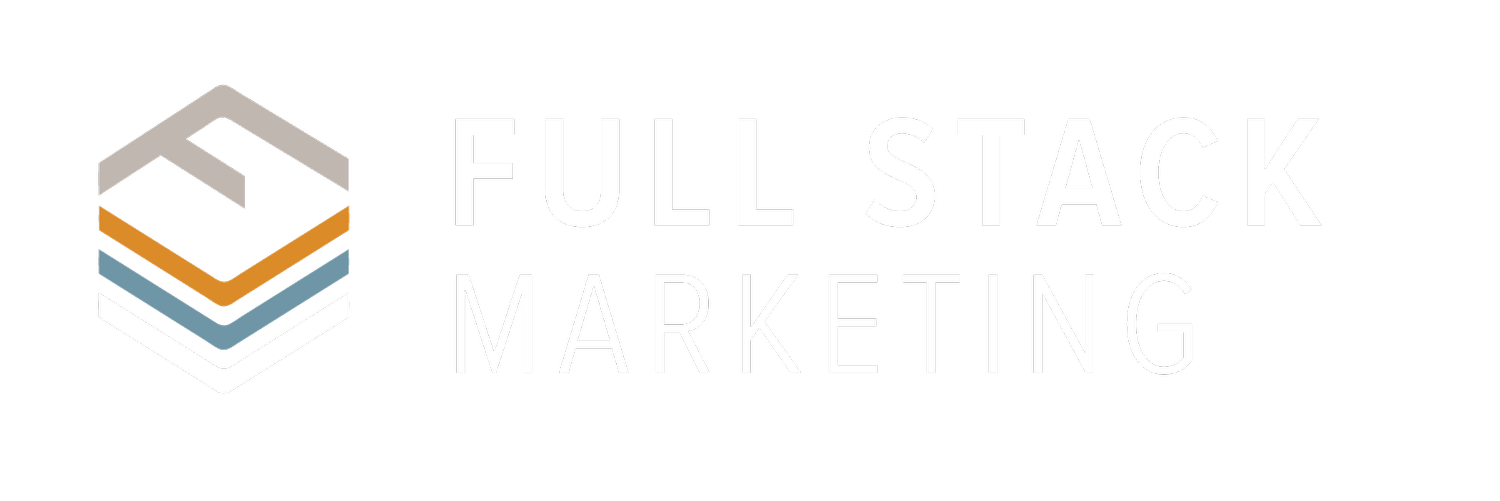Marketing Strategy for ISVs and Resellers
What Is It?
Hermann Rorschach asked his patients the same question: What is it?! The image above is “Inkblot Number 10”, the final image in his infamous Rorschach Test. Rorschach wanted his clients to “decide for themselves” what they saw in his “product.” This is expressly not what we want our potential clients to do with ours…!
Don’t Let Your Audience Decide…
Independent Software Vendors (ISVs) and software resellers frequently don’t invest in a coherent ISV marketing strategy. Perhaps they think they don’t need it. Maybe they rely on sales enablement and partner programs to deliver growth.
But there is a gaping hole in this strategy, because sales support can’t sell what marketing hasn’t clarified.
The core purpose of an ISV marketing strategy is to tell the target audience simply and precisely what the product is/how it relieves their workday pain. Without excellent, clear messaging, even the best sales enablement tools/materials will likely not have their desired effect. This is, again, because sales support can’t sell what marketing hasn’t clarified.
Is product marketing the missing link between your product, your partners, and your buyers?
What Product Marketing Actually Does
ISV product marketing communicates how a software product makes its users' digital experience less painful.
For ISVs and software resellers, product marketing:
Positions your solution clearly within the ERP or SaaS ecosystem
Differentiates your brand from competitors and other marketplace listings
Provides your partner network and resellers with effective collateral
Builds campaigns that generate momentum in the marketplace
Without a rock-solid product marketing foundation, which is a crystal clear message about the product's function and value, sales teams “make up” sloppy stories about the product. Sloppy is not interesting. Sloppy does not sell.
Sales Support Isn’t Enough
1. Sales Materials Don’t Create Demand
While the sales team is hustling to convert, Battlecards (def.), decks, and playbooks are useful. However, they work best after your audience understands why your product matters. Product marketing builds that awareness and interest upstream.
2. Buyers Expect Clarity Before Contact
B2B buyers are savvy. They almost always research various product cures for their commercial pain before they talk to sales. If your website, marketplace listing, or marketing materials don’t tell a clear story, they will never meet your sales team.
3. Consistency is Legitimacy
For ISVs and resellers, a product’s value message is easily scrambled into textual nonsense. Product marketing ensures consistent messaging across partner sites, listings, and campaigns—so every touchpoint reinforces your product's value.
4. Marketing Systems Scale Better Than Sales Alone
Sales can close deals; marketing scales them. A strong ISV marketing strategy uses CRM, automation, and content to keep your pipeline full long-term.
“Rock-Solid” ISV Marketing Strategy
I’ve been supporting the thesis that it’s a mistake for ISVs and software resellers to rely on sales strategy to increase revenue, but they must also build out an ISV marketing strategy to shore up their sales pipeline. So, what does a good ISV marketing strategy look like?
Clear Positioning – Define your value in the ERP or SaaS ecosystem.
Consistent Messaging – Keep every partner, reseller, and campaign aligned.
Targeted Content – Use blogs, demos, and videos that educate, not just promote.
Campaign Execution – Mix inbound and outbound to reach decision-makers.
Sustainable Systems – Integrate CRM and analytics to measure what works.
This is where Full Stack Marketing’s ISV marketing strategy must be noted. Our methodology is built upon these pillars of excellent ISV marketing strategy. Our four-part approach develops and executes marketing strategy in the following way:
Core Stack: Clarify your message.
Design Stack: Build your brand identity.
Execution Stack: Create and convert with high-impact campaigns.
Scale Stack: Grow through partnerships and data-driven systems.
The Bottom Line
Sales enablement supports the close. Product marketing drives the cause.
Your ISV or reseller organization wants both consistent business and growth. To achieve this, you need more than partner decks and demos—you need a unified product marketing system that tells your product’s story before your sales team ever makes contact.
At Full Stack Marketing, we help ISVs and software resellers build clarity, consistency, and sustainable pipelines through complete marketing systems—not just sales support.
Frequently Asked Questions
What is an ISV marketing strategy?
An ISV marketing strategy defines how independent software vendors position, promote, and differentiate their solutions to drive demand and partner engagement.
Why do ISVs need product marketing?
Because it connects the dots between your product, your audience, and your sales team. Without it, you risk inconsistent messaging and missed opportunities.
How is product marketing different from sales support?
Sales support helps close deals. Product marketing helps create demand, clarify value, and align your entire go-to-market system.
Can resellers benefit from product marketing too?
Absolutely. Resellers depend on clear, consistent messaging to sell multiple solutions effectively—and product marketing provides that clarity.
How can Full Stack Marketing help ISVs and resellers?
We help software companies build a complete ISV marketing strategy—clarifying your message, creating content that converts, and setting up systems that scale.
✅ SEO Meta Description:
Learn why ISVs and software resellers need product marketing—not just sales support. Discover how a strong ISV marketing strategy builds clarity, demand, and sustainable growth.

